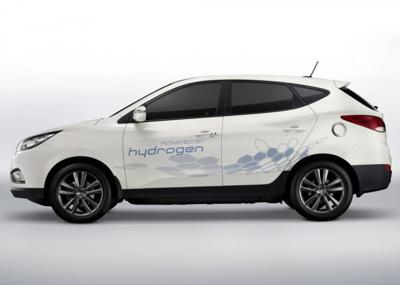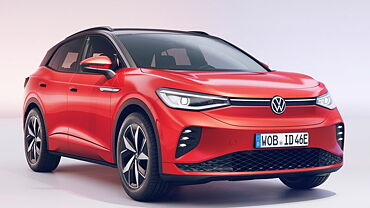There is no denying that world in the midst of energy crisis, and non-renewable sources are merely few decades away to get disappear. Our energy future greatly relies on renewable and eco-friendly fuels. Over a dozen alternative fuels are under development or in testing phase for powering the advanced technology vehicles, and Hydrogen fuel cell is one of the most practical and potential options.

This emissions-free fuel alternative is the next buzzword that will sweep the auto industry, as various global automakers have started investing in this technology, in fact, hydrogen powered vehicles were the limelight at 2014 LA Auto Show, and are expected to perform well this year too.
BMW, among other German players, and General Motors are working on this technology, though, the most pro-active are the Japanese players - Honda and Toyota who are working together on this with the help of the Japanese government. Hydrogen cars might be way too expensive at the moment, but they might become great alternatives to the cars running on petrol and diesel.
Having an electrochemical device, the fuel cell stack, hydrogen fuel cars use 40-60% of the energy produced from hydrogen, while the existing gasoline engines utilize nearly 20% of the energy. The fuel cell has an electrolyte, affixed between a cathode and an anode with bipolar plates on both the sides, and a platinum catalyst breaks hydrogen into electrons and protons that move through an external circuit and the PEM, respectively. These electrons, flowing through the circuit, produce electric current that powers the vehicle’s engine, while the protons create water as a byproduct. That said, the hydrogen fuel cell technology, the green and efficient energy source, has its own pros and cons.
Pros
Availability: Hydrogen is a readily available energy source in the universe.
Renewable: The hydrogen energy, unlike the energy generated by non-renewable resources, can be produced as per the demand by using fossil fuels.
Emission free: Hydrogen fuel cell doesn’t leave any harmful byproducts. In fact, it emits clean water.
Eco-friendly: Hydrogen is an ideal non-toxic fuel source that can be used multiple ways.
Fuel efficiency: Green cars powered by hydrogen fuel are more powerful, efficient and fun to drive than the traditional power-sourced vehicles.
Cons
Expensive: The advanced technologies involved in the production of hydrogen energy make the vehicles exorbitantly expensive.
Highly Flammable: The high inflammability of hydrogen makes it a potentially risky energy source.
Storage: Hydrogen isn’t easy to move and store, and is quite expensive too.
Difficult to replace existing infrastructure: The existing gas stations and cars need to be renovated at high cost to governments and taxpayers.
Reliance on fossil fuels: Despite being a renewable source, hydrogen requires fossil fuels to produce energy or fuel.


























